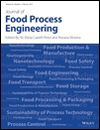 A food science journal has retracted a paper over “a breach of reviewer confidentiality,” after editors learned it contained text from an unpublished manuscript — which one of the authors appears to have reviewed for another journal.
A food science journal has retracted a paper over “a breach of reviewer confidentiality,” after editors learned it contained text from an unpublished manuscript — which one of the authors appears to have reviewed for another journal.
The publisher and editors-in-chief of the Journal of Food Process Engineering became aware of the breach when the author of the unpublished manuscript lodged a complaint that his paper, under review at another journal, had been plagiarized by the now retracted paper.
We’re hazy on a few details in this case. Although the journal editor told us the “main author” of the retracted paper reviewed the original manuscript for another journal, the corresponding author of the retracted paper said he was not to blame. (More on that below.)
When looking into the matter, the publisher found that one of the co-authors of the published paper had acted as a reviewer of the unpublished manuscript. Alexandra Cury, an associate editor at Wiley, explained: Continue reading Nightmare scenario: Text stolen from manuscript during review

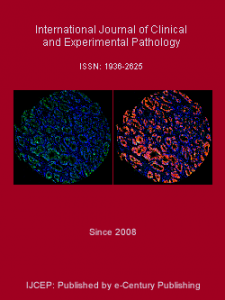
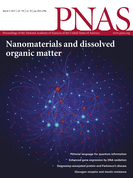
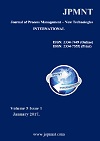 Here’s something we haven’t seen before: A journal based in Serbia recently began listing all the articles it has retracted, all due to plagiarism.
Here’s something we haven’t seen before: A journal based in Serbia recently began listing all the articles it has retracted, all due to plagiarism.


 It’s been a long and winding road for a whistleblower at Indiana University, South Bend.
It’s been a long and winding road for a whistleblower at Indiana University, South Bend.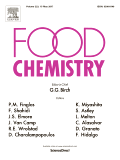 Journals have retracted two papers after they were flagged by a pseudonymous blogger, who suspected all had copied text from other sources.
Journals have retracted two papers after they were flagged by a pseudonymous blogger, who suspected all had copied text from other sources.